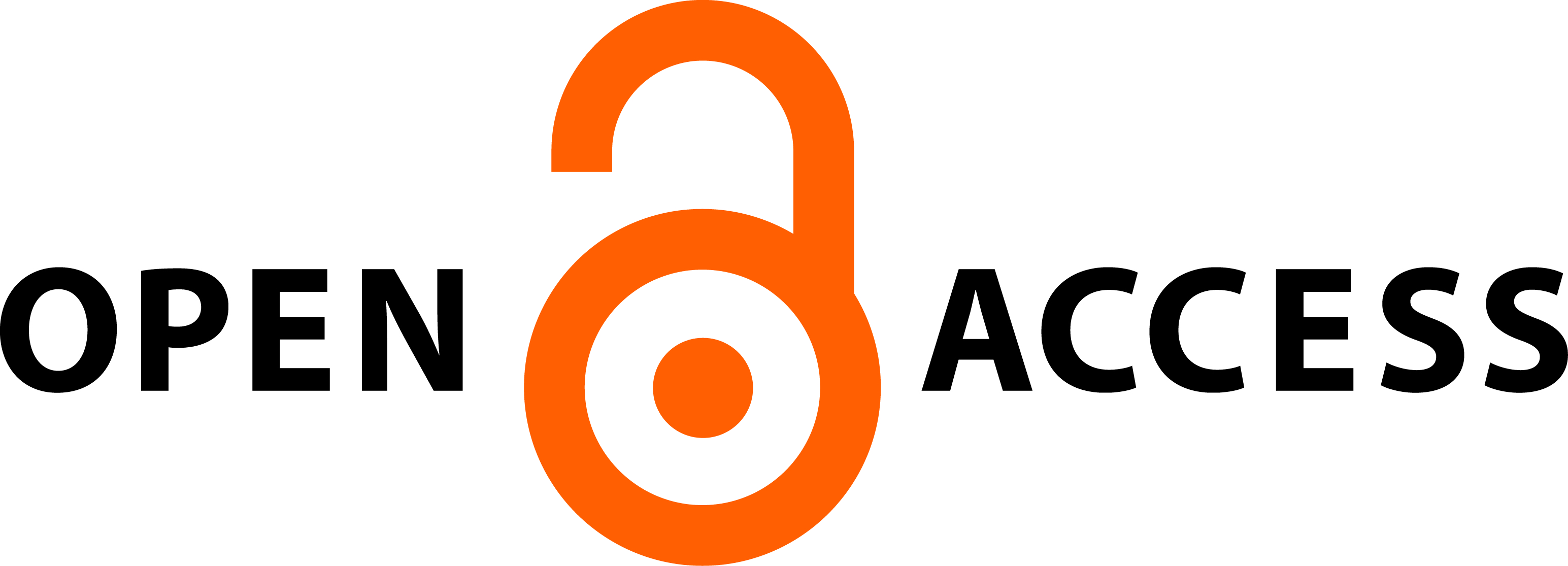TELAAH KOMPILASI HUKUM ISLAM PASAL 173HURUF A TERHADAP PELAKU EUTHANASIA PASIF PERSPEKTIF MAQASHID SYARI’AH
DOI:
https://doi.org/10.21154/muslimheritage.v7i1.3676Keywords:
Kompilasi Hukum Islam, Euthanasia Pasif, Maqasid shari'ahAbstract
Abstract
Passive euthanasia is an attempt to hasten death by stopping a treatment or letting a patient die because of a doctor's diagnosis that the patient's disease can no longer be cured. In contrast, in the Compilation of Islamic Law, it is mentioned that determining the obstruction of inheritance with the cause of the disappearance of life must be guided by the judge's ruling that the heirs are blamed for killing or trying to kill or severely mistreat the heist. The purpose of this study is to review the Compilation of Islamic Law article 173 letter A about the obstruction of heirs from receiving inheritances due to the judge's ruling that the heirs are blamed for killing or attempting to kill or severely mistreat the testator,which in passive euthanasia perpetrator, the three-element is not contained in it, but has the same result that accelerates the death of the heist. In this research, the researcher used maqashid sharia. This research is normative juridical and empirical juridical research with qualitative descriptive analysis and using the maqashid sharia approach. In this research, it was obtained that: 1) Passive euthanasia if viewed from the perspective of the principle of maqashid sharia then there will be two conflicting indicators, namely hifz al-nafs (guarding the soul) and hifz al-má¾±l (guarding property), of these two indicators that are more favored is hifz al-nafs. The passive euthanasia perpetrator cannot own the assets of the heist, or in other words, his inheritance rights are hindered following what is instructed in Article 173 letter A. 2) because there are no clear rules regarding passive euthanasia in KHI or other laws, the judge can make legal findings to decide the case to achieve legal certainty.
Abstrak
Euthanasia pasif merupakan sebuah usaha untuk mempercepat kematian dengan cara menghentikan pengobatan atau melakukan pembiaran terhadap pasien dikarenakan adanya diagnosa dokter bahwa pasien tersebut penyakitnya tidak lagi dapat disembuhkan. Sebaliknya di Kompilasi Hukum Islam disebutkan bahwa dalam menentukan terhalangnya kewarisan dengan sebab adanya penghilangan nyawa harus berpedoman pada putusan hakim bahwa ahli waris tersebut dipersalahkan telah membunuh atau mencoba membunuh atau menganiaya berat pada pewaris. Tujuan dari penelitian ini adalah menelaah kembali Kompilasi Hukum Islam pasal 173 huruf A tentang terhalangnya ahli waris untuk menerima warisan dengan sebab putusan hakim bahwa ahli waris dipersalahkan telah membunuh atau mencoba membunuh atau menganiaya berat pada pewaris, yang mana pada pelaku euthanasia pasif unsur tersebut tidaklah terdapat di dalamnya,namun memiliki akibat yang sama yaitu mempercepatnya kematian pewaris. dalam penganalisahan tersebutpeneliti menggunakan maqashid syari’ah.Penelitian ini merupakan penelitian yuridis normatif dan yuridis empiris dengan analisisa deskriptif kualitatif serta menggunakan pendekatan maqashid syariah. Dalam penelitian ini memperoleh hasil bahwa: Euthanasi pasif jika ditinjau dari perspektif prinsip maqashid syariah maka akan terdapat dua indikator yang saling bertentangan yaitu hifz al-nafs(menjaga jiwa) dan hifz al-má¾±l(menjaga harta), dari dua indikator ini yang lebih diunggulkan adalah hifz al-nafs. Maka pelaku euthanasia pasif tidak dapat mewarisi harta dari pewaris atau dengan kata lain terhalang hak kewarisannya sesuai dengan yang diintruksikan pada pasal 173 huruf A. 2) dikarenakan belum adanya aturan yang jelas terkait euthanasia pasif dan dalam KHI maupun perundang-undangan yang lain, maka hakim dapat melakukan penemuan hukum.
Downloads
Published
Issue
Section
License
Requirements to be met by the author as follows:
- Author storing copyright and grant the journal right of first publication manuscripts simultaneously with licensed under the Creative Commons Attribution License that allows others to share the work with a statement of the work's authorship and initial publication in this journal.
- Authors can enter into the preparation of additional contractual separately for non-exclusive distribution of a rich version of the journal issue (eg:post it to an institutional repository or publish it in a book), with the recognition of initial publication in this journal.
- Authors are allowed and encouraged to post their work online (eg, in institutional repositories or on their website) prior to and during the submission process, because it can lead to productive exchanges, as well as citations earlier and more severe than published works. (see The Effect of Open Access).















